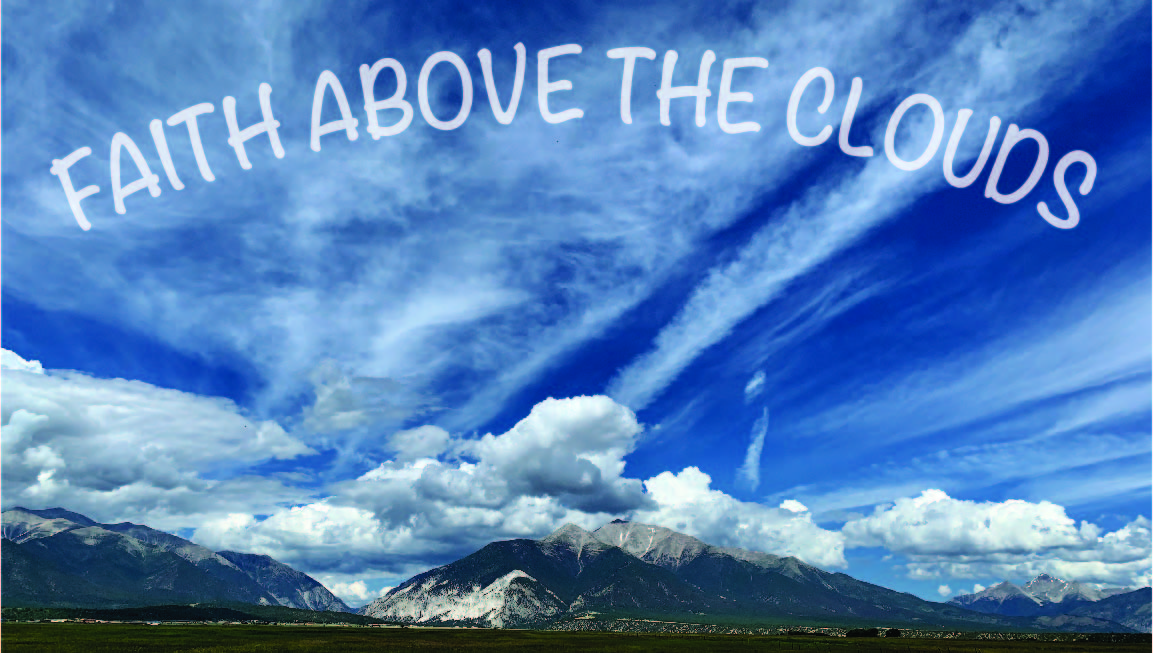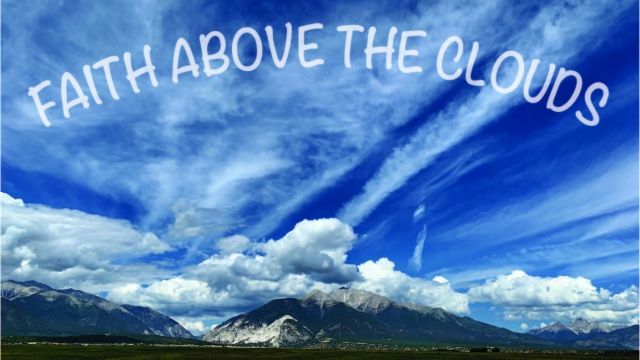By Glenn Sackett — “If you don’t know where you’re going, any road will get you there.”
Lewis Carroll actually wrote it this way:
Alice: “Would you tell me, please, which way I ought to go from here?”
“That depends a good deal on where you want to get to,” said the Cat.
“I don’t much care where,” said Alice.
“Then it doesn’t matter which way you go,” said the Cat.
“–so long as I get SOMEWHERE,” Alice added as an explanation.
“Oh, you’re sure to do that,” said the Cat, “if you only walk long enough.”
Reading the Bible is much like traveling; if we don’t care where we end up, any which way is good enough.
To illustrate: My Granddad started teaching me photography the summer I turned eight. His darkroom was magic! He taught me to self-educate too, reading about photography. Such “self-directed learning” could be like this song lyric: “It could help you find yourself or make you lose your mind…” One can get lost in arguments about who has the best camera. Or one can learn how what’s going in in the mind of a photographer is far more important than the brand of the camera in his or her hand. My granddad taught me to focus on what’s most important, both with the camera and with reading.
Reading the Bible with the right focus is more important than reading about photography with the right questions. The following Four Great Questions I learned from two theologians, Jack Provonsha and Graham Maxwell, and they transformed my experience with the Bible.
1. What does this passage reveal about the character of God? Ellen White says the greatest issue in “The Great Controversy” is about the character of God. Not about doctrines or “standards” … This is the greatest question to bring focus to my reading. “Theology” literally means “God knowledge.”
2. What does this passage reveal about the nature of humans? We humans have both commonly-shared tendencies and individual traits that must be overcome in our spiritual journeys. How am I like the character in this Bible passage? What’s the “human condition” explored here?
3. What does this passage reveal about the invitation or opportunity God presents? People can get all wound up talking about problems. God talks about problems only to get to resolutions, usually some kind of reconciliation. What is God’s invitation here?
4. What does this passage reveal about the choices I have and best response I could make? Neither you nor I can eat for someone else; no one can go to the bathroom for me. We may laugh, but can we read the Bible that way, as if we’re doing it for someone else? Sorry, that’s not how it works. What is MY best response here?
Using these Four Great Questions to focus our Bible reading, we are much more likely to receive the blessing God put in the “Good Book” for us.
I hope you find a blessing today that’s just right for you.
—Glenn Sackett, is chaplain at Centura Health Mercy Regional Medical Center, Durango, Colorado



